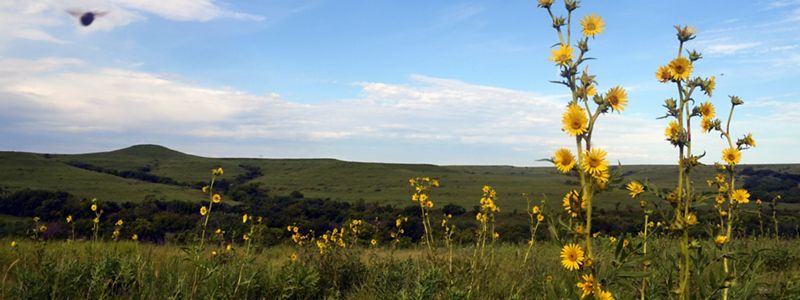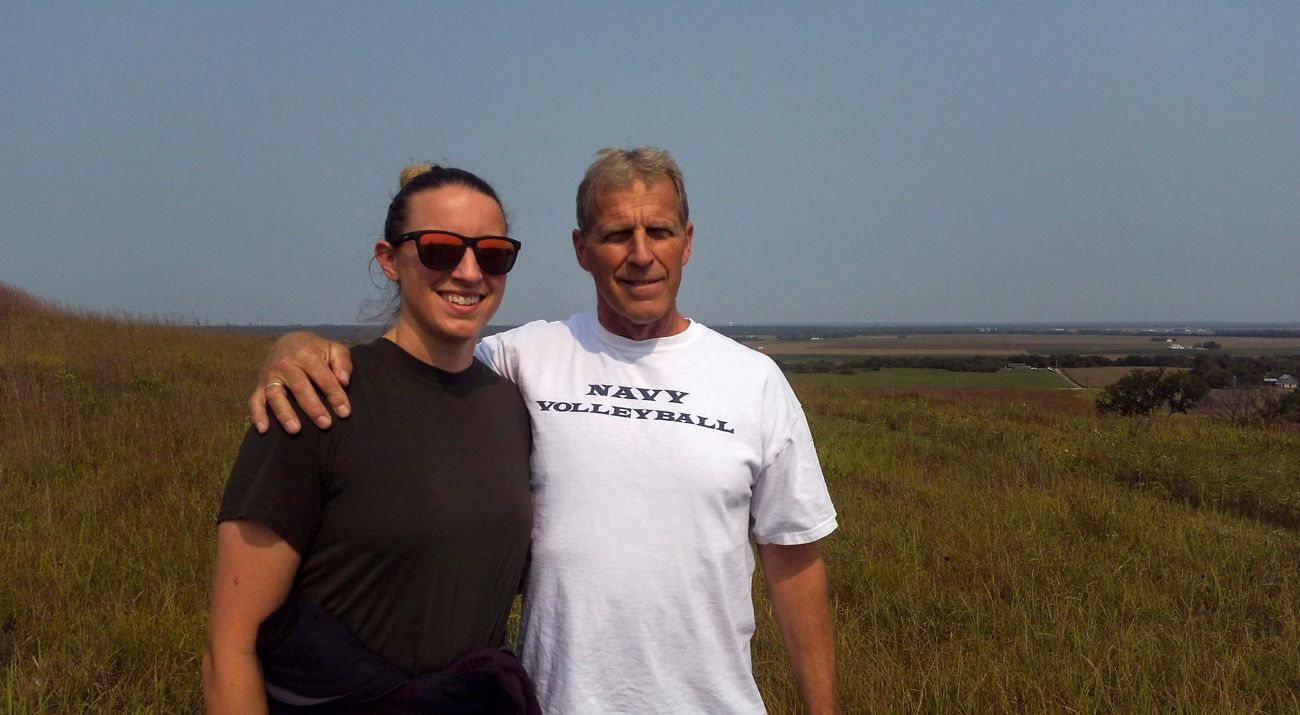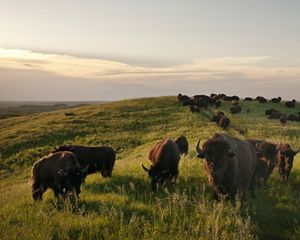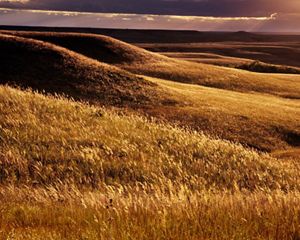Confessions of a One-Time Climate Ignorer
Former Kansas state director Rob Manes reflects on how his view of climate change has changed over 30 years
I remember first hearing a scientific presentation about climate change. It was 1989. Denver.
I don't remember the venue, the speaker or the audience's reaction.
I do recall thinking "this sounds like a serious threat to the wildlife, the habitats, the outdoor traditions, and perhaps the family and way of life I love."
I felt betrayed and angry, as though someone should have known, should have told me a long time before then.
But I went home to Kansas, to the security of my family and a gentle and familiar landscape. Back to my prized conservation job.
I mostly forgot about climate change and probably even doubted it at first. Except that there were people who wouldn't allow the issue to die. They weren't just the so-called "global warming zealots." Over time, they grew more numerous and louder in the scientific community. Soon, they were people I knew and respected. They were hard-core scientists, natural-born skeptics, credible and honest people. And they were right.
So how could I have gone back to my beloved Kansas and forgotten what I'd first heard in 1989? I don't really know what I was thinking then, but my dad once told me, "there's no time to fix a mistake like right now."
Quote: Rob Manes

So how could I have gone back to my beloved Kansas and forgotten what I'd first heard in 1989? I don't really know what I was thinking then, but my dad once told me: there's no time to fix a mistake like right now.
You've got questions. We've got answers.
TNC scientists answer some of the most frequently asked questions about climate change.
Climate Change FAQsThe threat climate change poses to my way of life and the future for my children, to wild places and wild species, demanded action three decades ago. We've squandered many of those opportunities, but I'm confident that it's not too late to change our course.
Kansans are already experiencing longer droughts. More extreme rain and flooding. Challenges over water. Disagreement about where and how renewable energy is produced. Farmers and ranchers are trying to adjust without the resources they need. But the good news is that many climate solutions can be found in nature.
- Healthy soils can produce more crops, hold on to water longer, and store more carbon underground.
- There is more than enough opportunity for wind and other renewable energy expansion without harming wildlife.
- Protecting our grasslands like the Flint Hills keeps vast amounts of carbon locked away, and sustainable management of these grazing lands has the potential to do even more.
We—I—should have taken action to thwart climate change much sooner. The threat now bears down hard on us. But there's no time to fix a mistake like right now.
Yours in conservation,
Rob Manes
Kansas Director Emeritus
Stay Informed
Sign up to receive regular about The Nature Conservancy's work in Kansas.

Make a Difference in Kansas
The mission of The Nature Conservancy is to conserve the lands and waters on which all life depends. For more than 30 years, we’ve worked in Kansas to do just that. We've permanently protected more than 160,000 acres across the state, including six preserves that are open to the public.



